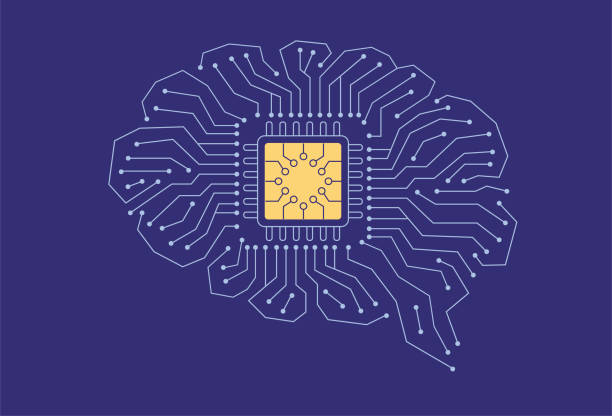The Future of Brain-Computer Interfaces: Revolutionizing Healthcare, Communication, and Entertainment
Brain-Computer Interfaces (BCIs) are rapidly evolving technologies that promise to transform the way we interact with machines and even how we understand our own brains. The future of BCIs is not just a blend of science fiction and hopeful thinking but a realm grounded in considerable research and practical advancements. The core question of whether BCIs will revolutionize various aspects of human life—such as healthcare, communication, and entertainment—can be answered affirmatively: yes, BCIs are poised to change the world as we know it.
Redefining Healthcare through BCIs

One of the most promising applications of BCIs lies in healthcare. Imagine a world where individuals with severe spinal cord injuries can regain movement, or where neurodegenerative diseases like Parkinson’s can be managed more effectively. BCIs could lead to the development of advanced prosthetic limbs that can be controlled merely by thinking. Furthermore, it’s not just physical therapy that stands to benefit; mental health treatments could also see a revolution. Brain-machine interfaces could allow real-time monitoring and intervention, providing unprecedented opportunities for treating conditions like depression and anxiety.
Communication without Barriers
In terms of communication, BCIs could significantly alter how we connect with each other. For people with conditions like ALS (Amyotrophic Lateral Sclerosis), BCIs can enable them to communicate using only their brain signals, thereby removing significant barriers. Additionally, BCIs may allow for more seamless translation between different languages, even facilitating communication between humans and computers without the need for traditional input devices. This could lead to smoother and more efficient interactions in both personal and professional settings.
Enhancing Cognitive Abilities
Another exciting prospect is the enhancement of cognitive abilities. Future BCIs could provide the means to augment our memory, learning capabilities, and even creative thinking. These innovations hold the potential to support lifelong learning and help individuals adapt to rapidly changing job markets more effectively. Imagine a future where downloading a new skillset or a language directly to your brain is not a far-fetched concept but a realistic possibility.
Entertainment and Immersive Experiences
The entertainment industry could also be dramatically transformed by BCIs. Gamers, for example, could interact in virtual environments using their thoughts, enabling more immersive and engaging experiences. Film and music producers could also create highly personalized content based on real-time neural feedback, leading to tailored experiences that cater to individual preferences and emotional states. The potential for truly interactive and responsive entertainment is virtually limitless.
Ethical and Security Considerations
While the potential benefits of BCIs are incredible, it’s essential to consider the ethical and security implications. For instance, the thought of having one’s brain data hacked opens up a new frontier of cybersecurity threats. Furthermore, who gets access to these technologies, and how they are used will need to be tightly regulated to prevent misuse. These ethical quandaries must be addressed as we move forward to ensure that the innovations benefit humanity as a whole.
- Rehabilitation and physical therapy advancements
- Enhanced communication for individuals with severe disabilities
- Augmented cognitive functions
- Immersive and tailored entertainment experiences
- Ethical and security challenges
Conclusion
The future of Brain-Computer Interfaces is teeming with potential. From revolutionizing healthcare to breaking down communication barriers and enhancing cognitive abilities, the possibilities are endless. However, the journey is also fraught with ethical and security challenges that we must navigate thoughtfully. As research and technology continue to advance, the way we interact with the world and each other may be irrevocably transformed, ushering in an era of unprecedented possibilities.
FAQs
What are Brain-Computer Interfaces?
Brain-Computer Interfaces (BCIs) are systems that enable direct communication between the brain and external devices. They can translate brain signals into commands that control external systems.
What is the main benefit of BCIs in healthcare?
BCIs hold the potential to drastically improve treatments for physical injuries and mental health conditions, offering new ways to restore mobility and manage neurological issues.
Can BCIs enhance human cognitive abilities?
Yes, future developments in BCIs could enable enhancements in memory, learning capabilities, and even creative thinking, making it easier to acquire new skills and adapt to changes.
What are the ethical concerns surrounding BCIs?
Ethical concerns include data privacy, consent, and equitable access to the technology. Security risks like hacking brain data also pose significant challenges.
How could BCIs change the entertainment industry?
BCIs could make entertainment more immersive by allowing direct interaction with virtual environments and customizing content in real-time based on neural feedback.









